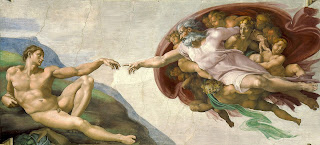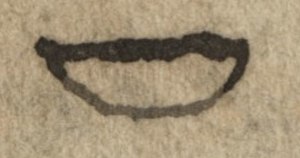Meditation on Adam-God

The concept of proxy is extremely important to the Gospel of Jesus Christ. Because, it is by proxy that Jesus took upon Himself our sins. Peter tells us in 1 Peter 3:19 that Jesus "went and preached unto the spirits in prison." However, in Doctrine and Covenants 138:29-30 we learn that the Savior "went not in person" but "appointed messengers." Literally, then, Peter is saying that the messengers are Jesus. However, this only makes sense when we realize they are acting as a proxy for Jesus. This concept may help us understand why God said to Moses, "I have made thee a god to Pharaoh" - Exodus 7:1. Now consider these words of Brigham Young, carefully (words appearing in brackets are mine): "The Lord fills the immensity of space ... The Holy Ghost is the Spirit of the Lord, and issues forth from Himself, and may properly be called God's minister to execute His will in immensity [i.e. he is speaking of the Holy Ghost as a proxy for the Lo

